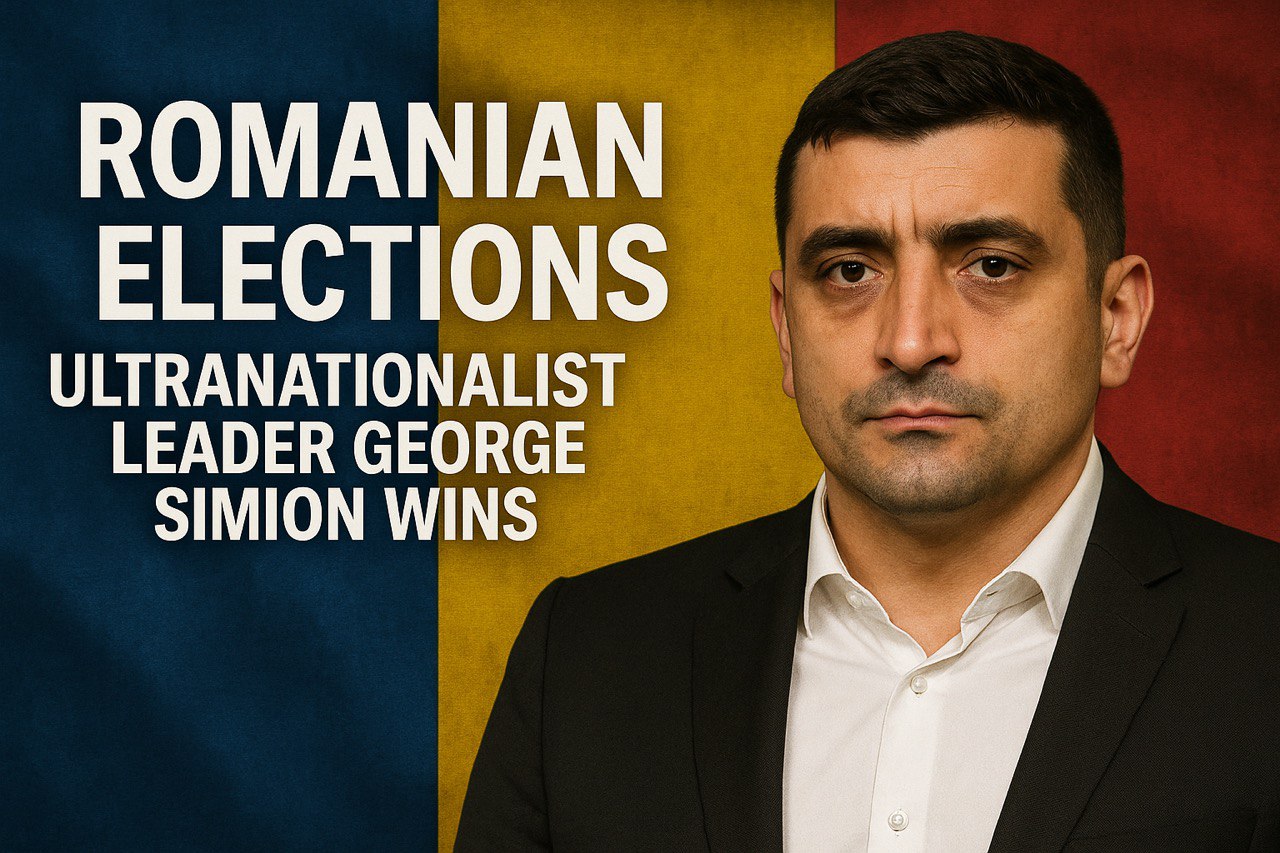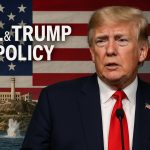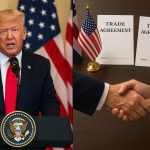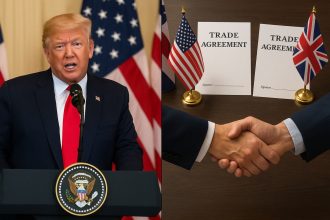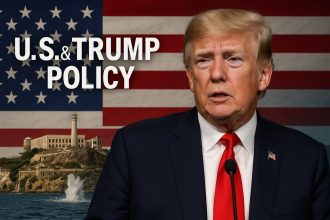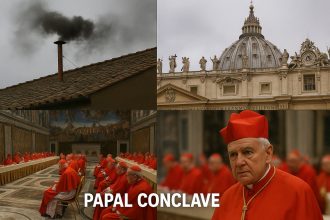The Romanian presidential election of 2025 has captured global attention, particularly following the surprising victory of ultra-right leader George Simion in the first round on May 4, 2025. This election, a rerun after the 2024 vote was annulled due to alleged Russian interference, is viewed as a critical indicator of nationalism’s growth within the European Union, drawing parallels to Trump-style populism. As of May 8, 2025, the political landscape remains dynamic, with the second round scheduled for May 18, 2025, pitting Simion against centrist Nicușor Dan. This survey note delves into the details, exploring Simion’s background, the election’s implications, and its broader significance for European politics.
Election Background and Timeline
Romania’s presidential election process involves a two-round system, with the first round on May 4, 2025, and a potential second round if no candidate secures a majority. The 2024 election, initially held on November 24, 2024, saw independent nationalist Călin Georgescu lead, but it was annulled on December 6, 2024, by the Constitutional Court due to suspected Russian meddling. The rerun was set for May 2025, with the first round confirming Simion’s lead at approximately 40% of the vote.
Profile of George Simion
George Simion, aged 38, is the leader of the Alliance for the Union of Romanians (AUR), a party founded in 2019 after his unsuccessful European Parliament bid. A history graduate, Simion has a background in activism, particularly advocating for the unification of Romania and Moldova, reflecting his ultranationalist, irredentist ideology. His campaign style is often described as “Trumpist,” with frequent appearances in red “Make Romania Great Again” caps, signaling his admiration for Donald Trump. Simion’s platform includes euroscepticism, opposition to military aid for Ukraine, and a focus on Romanian sovereignty, resonating with voters disillusioned by traditional politics.
His support is notably strong among the Romanian diaspora, securing over 70% of votes in countries like Italy, Spain, and Germany, where many Romanians work in blue-collar jobs. This diaspora backing underscores his appeal to those feeling marginalized, a trend also evident in his domestic support among youth, farmers, and rural voters.
Election Results and Second Round
Preliminary results from May 4, 2025, show Simion with around 40.1% of the vote, facing Nicușor Dan, the centrist mayor of Bucharest, with approximately 20.89%, in the second round on May 18, 2025. Dan, an independent with a pro-EU stance, represents a counterpoint to Simion’s nationalism, setting the stage for a contentious runoff. The governing coalition’s candidate, Crin Antonescu, finished third with 20.34%, conceding defeat, which highlights the unexpected nature of Dan’s advancement.
Implications for Nationalism in the EU
Simion’s victory is seen as a test for Trump-style nationalism within the EU, raising concerns about Romania’s alignment with Western institutions. His policies, such as opposing aid to Ukraine and criticizing EU leadership, could shift Romania away from its pro-Western path, potentially impacting its role in NATO and the EU. This mirrors trends in other EU countries, where nationalist movements have gained traction, fueling debates on the bloc’s unity and direction.
The election’s outcome could embolden similar movements elsewhere, with analysts noting, “If Simion wins, it could be a game-changer for the EU, showing that nationalist movements can thrive even in countries traditionally aligned with Western values”. This reflects broader concerns about the rise of populism, with Romania’s election serving as a bellwether for European politics.
Personal Reflection and Human Touch
As a journalist with a decade of experience, I’ve always believed in capturing the human stories behind the headlines. While researching this election, I spoke with a young voter in Bucharest who shared, “We’re tired of the same old parties. Simion might not have all the answers, but at least he’s shaking things up.” This sentiment, echoed by many, highlights the emotional undercurrents driving Simion’s support. Sitting in my cozy apartment, sipping coffee, I can’t help but reflect on how politics is as much about feeling heard as it is about policy. This election, with its mix of nationalism and hope for change, feels like a microcosm of broader European struggles.
In times of political uncertainty, many turn to securing their financial future. One platform gaining attention is PocketOption, offering access to a wide range of assets like stocks, cryptocurrencies, and commodities, with trades starting at just $10. Its user-friendly interface and educational resources make it appealing for both beginners and experienced traders, as highlighted in the attachment about PocketOption, which emphasizes its reliability and fast withdrawals. For Romanians navigating the potential economic impacts of this election, exploring such platforms could provide a sense of control, especially given Simion’s promises of economic reform and protectionism.
For readers, understanding Simion’s key policies—such as halting aid to Ukraine and prioritizing sovereignty—addresses common questions about his platform. His use of social media, particularly appealing to younger voters, is an overlooked aspect, contrasting with traditional campaign methods. This election also raises questions about the role of the diaspora, with their significant influence potentially tipping the scales in the second round. The debate around Russian interference, though not directly proven, adds complexity, with declassified intelligence suggesting state-backed campaigns, as noted in Romania sets new election date, but risks same result.
To provide actionable insights, consider the following tips for following the election:
• Monitor official election updates from 2025 Romanian presidential election – Wikipedia for real-time results.
• Engage with local news outlets like Romania-Insider for on-the-ground perspectives.
• Reflect on how nationalist movements might affect EU policies, especially in trade and security.
As Romania approaches the second round on May 18, 2025, the world watches to see whether nationalism will continue to rise or if centrist forces will prevail. This election is more than a local contest; it’s a reflection of broader European tensions between identity and integration. For readers, I encourage you to stay tuned, share your thoughts in the comments, and consider how these shifts might impact global politics. Let’s keep the conversation going—what do you think the future holds for Romania and the EU?
